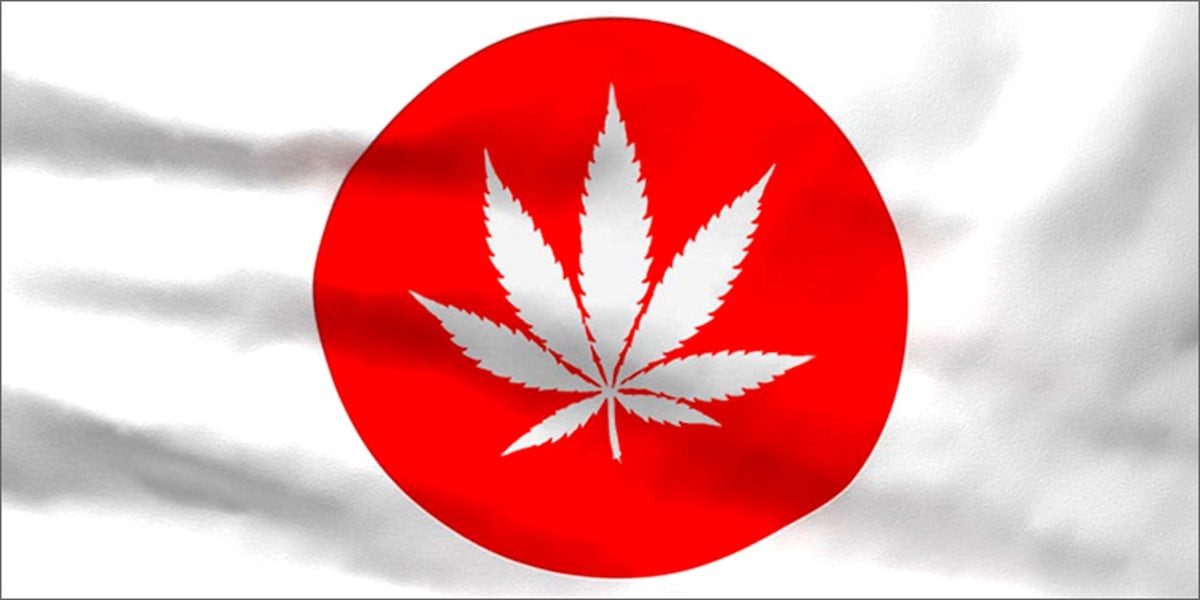International
Japan takes steps to legalize medical cannabis

____________________________________________________________________________________________________
[Disclaimer: Please note that this text was originally written in Portuguese and is translated into English and other languages using an automatic translator. Some words may differ from the original and typos or errors may occur in other languages.]____________________________________________________________________________________________________

What do you do with €3 a month? Become one of our Patrons! If you believe that independent cannabis journalism is necessary, subscribe to one of the levels of our Patreon account and you will have access to unique gifts and exclusive content. If there are many of us, we can make a difference with little!

Subscribe
0 Comments







































